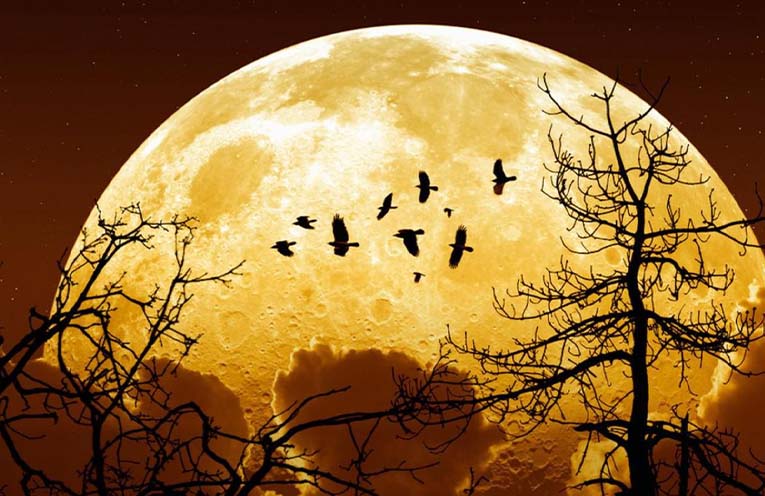
THE Moon’s influence on human behaviour and physiology has been a subject of fascination and debate for centuries.
While many beliefs about lunar effects remain rooted in folklore, recent scientific research has provided some insights into the Moon’s potential impact on various aspects of human life.
 Advertise with News of The Area today.
Advertise with News of The Area today.It’s worth it for your business.
Message us.
Phone us – (02) 4981 8882.
Email us – media@newsofthearea.com.au
Sleep patterns appear to be one area where the Moon may exert some influence.
A 2021 study found that sleep patterns in rural communities without electricity, Indigenous populations, and urban settings were affected by the lunar cycle.
Sleep onset was later and duration shorter on nights preceding the full moon.
This could be due to the increased brightness of the full moon, which may cause people to feel more alert at night.
Perhaps this explains why werewolves are always so grumpy – they’re just sleep-deprived!
However, the Moon’s effects on mental health and mood remain largely unsubstantiated by scientific evidence.
A 1985 meta-analysis found no correlation between mental health hospital admissions and moon phases, and a 2019 study of 17,966 individuals seeking mental health care in an inpatient setting uncovered no connection between admissions, discharges, and lunar phases.
So, if you’re feeling a bit loony, you can’t blame it on the Moon!
Regarding the menstrual cycle, research has yielded mixed or weak results.
A 2021 analysis of a previous study involving over 300 females reported some correlation between the full moon and the onset of menstruation. Messy stuff I know, but it proves the Moon isn’t as in sync with women’s cycles as old wives’ tales would have us believe.
Some studies suggest that the lunar cycle may have a small impact on childbirth as well.
A 2021 study of 38.7 million births in France revealed slight but significant variations in birth patterns related to moon phases, with births increasing during the full moon.
Perhaps babies are just eager to get a good look at that big, shiny orb in the sky!
The Moon’s influence on human physiology may be mediated through its effects on the Earth’s magnetic field.
The gravitational pull of the Moon causes subtle fluctuations in the Earth’s magnetic field, to which some people might be sensitive.
However, the effect is tiny, and it’s unclear if it’s strong enough to induce biological changes.
So, if you’re feeling particularly magnetic during a full moon, it’s probably just your sparkling personality!
While some studies have found correlations between lunar phases and various phenomena such as traffic accidents and outdoor crime rates, these effects are often small and may be explained by factors such as increased illumination during full moons rather than direct lunar influence. It’s disappointing to know that if you get a parking ticket on a full moon night, you can’t use the “the Moon made me do it” excuse!
In conclusion, while the Moon’s impact on Earth’s environment and ecosystems is undeniable, its effects on human behaviour and physiology remain a subject of ongoing research.
Some studies suggest small influences on sleep patterns and possibly childbirth, but many traditional beliefs about lunar effects on human behaviour lack strong scientific support.
Further research is needed to fully understand the complex relationship between lunar cycles and human life.
In the meantime, feel free to howl at the Moon – just don’t expect it to howl back!
See Dave’s website: www.davidreneke.com.
By Dave RENEKE, Astronomer